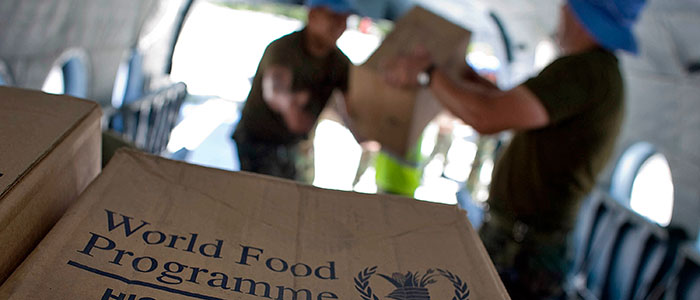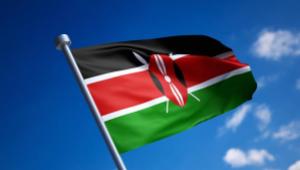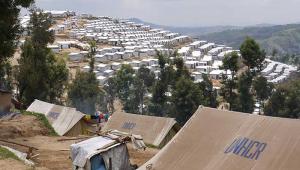Web_WFP_UN_5610334094_5563e1d618_o.jpg

World Food Programme high-energy biscuit delivery. Credit: UN Photo/Logan Abassi
The World Food Programme announced today that only those who have recently arrived in Uganda, and the elderly, orphans, chronically ill and malnourished people will continue to receive a full ration (2,122 calories) every day.
It is usual practice to gradually reduce this as refugees become increasingly self-reliant during their time in Uganda. However, starting this week, any refugee that arrived in Uganda before July 2015 and does not fall into a vulnerable group will have their food rations or cash assistance cut by 50%.
The WFP, United Nations refugee agency and the government of Uganda appealed to donors to speed up contributions to the operation, which needs another $20m in order to restore full food rations for the rest of the year.
The response to support refugees in Uganda, who are mostly from South Sudan, was already severely underfunded before violence broke out again in the South Sudanese capital this July after some short-lived progress on a peace agreement.
More than 70,000 more people have since crossed the border to escape the renewed conflict, bringing the total number of refugees in Uganda, which hosts the third-largest amount of refugees in Africa and the eighth largest in the world, to around 600,000.
“We’ve done everything we can to avoid this, but we have been left with no option but to reduce food assistance for many of the refugees in Uganda to stretch available resources and prioritise the most vulnerable new arrivals,” said Mike Sackett, WFP’s acting country director for Uganda.
“We hope that this is temporary, and we are working as hard as we can to raise the resources needed to restore the full level of food assistance for as many refugees as possible.”
The WFP, one of the largest UN relief agencies, frequently runs into funding difficulties. This year in particular, with the intense conflict in Syria and its regional fallout, natural disasters and chaotic weather have put increased pressure on the organisation.
These same drivers have also put the humanitarian system as a whole under strain. Yesterday the UN’s emergency relief coordinator Stephen O’Brien announced the release of $50m from the UN’s Central Emergency Response Fund to assist 2 million people in dire need in some of the world’s most neglected emergencies.
Some $35m will go towards emergencies in central Africa, supporting the delivery of health services, access to food, emergency shelter, protection, water and sanitation and essential logistics.
Central African Republic will see $9m, Chad $10m, the Democratic Republic of Congo $11m and Rwanda, which is hosting refugees from Burundi and DRC, will see $5m.
A further $13m will go to what has been dubbed the world’s largest forgotten emergency, the conflict in Yemen, which has left an estimated 21.2 million people, or 82% of the population, are in need.
Finally, $2m will support aid operations in Eritrea to respond to drought.
“All humanitarian emergencies are underfunded this year,” O’Brien said. “I wish I could allocate more CERF funds to these and other crises, given the enormous needs.”
However he said that funds are limited – the CERF projects a $50m shortfall on its $450m funding target – and demand is high, stressing his concern that this could force the CERF to significantly reduce allocations for underfunded emergencies in the future.













